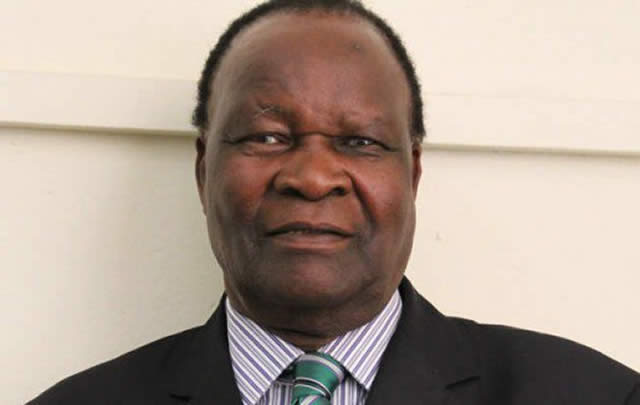TB centres get $400 000 boost

Paidamoyo Chipunza in Kadoma
Government has set aside $400 000 for the upgrading of eight specialised drug-resistant tuberculosis treatment sites across the country. Addressing journalists at a tuberculosis workshop in Kadoma on Thursday, tuberculosis deputy director in the Ministry of Health and Child Care Dr Charles Sandy said work has already started towards the process of upgrading the facilities.
“We have already done the assessments of the proposed sites for upgrading and are now awaiting adjudication of the tendering process. We hope the refurbishments will start as soon as possible, so that we complete the project by 2017,” said Dr Sandy.
He said the decision to establish treatment centres was necessitated by the increase in drug resistant tuberculosis in the country and that some patients could not be managed at home.
“We have been using the community-based approach to treatment of drug resistant TB whereby patients were managed from their homes, but we have realised that some patients cannot be managed at home and would therefore require a hospital setup,” said Dr Sandy.
He said the money was part of a TB grant availed by the Global Fund to Fight Aids, Tuberculosis and Malaria.
According to national statistics, the number of detected drug resistant tuberculosis continue to increase from a low of 40 cases in 2010 to 442 cases in 2015.
According to the 2014 World Health Organisation estimates, the country had 950 cases of drug resistant tuberculosis.
It remains among the 30 high TB burden countries in the world.
Speaking at the same occasion, country director for the International Union Against Tuberculosis and Lung Disease (The Union) Dr Christopher Zishiri said his organisation would continue working with Government to mitigate the burden of all forms of TB.
Dr Zishiri said in their five year strategic plan, the union was looking forward to strengthening community awareness programmes on TB.
He said his organisation would also address issues on diagnostic delays, strengthen laboratory capacity to handle cases and roll-out targeted mass screening of priority high risk groups such as prisons and mining settlements.
TB remains a major public health concern in Zimbabwe since it’s air borne.











Comments